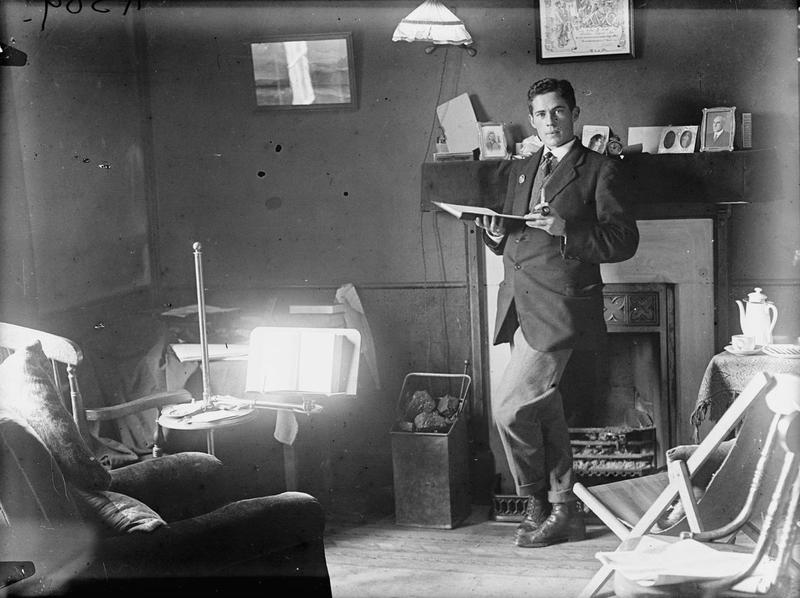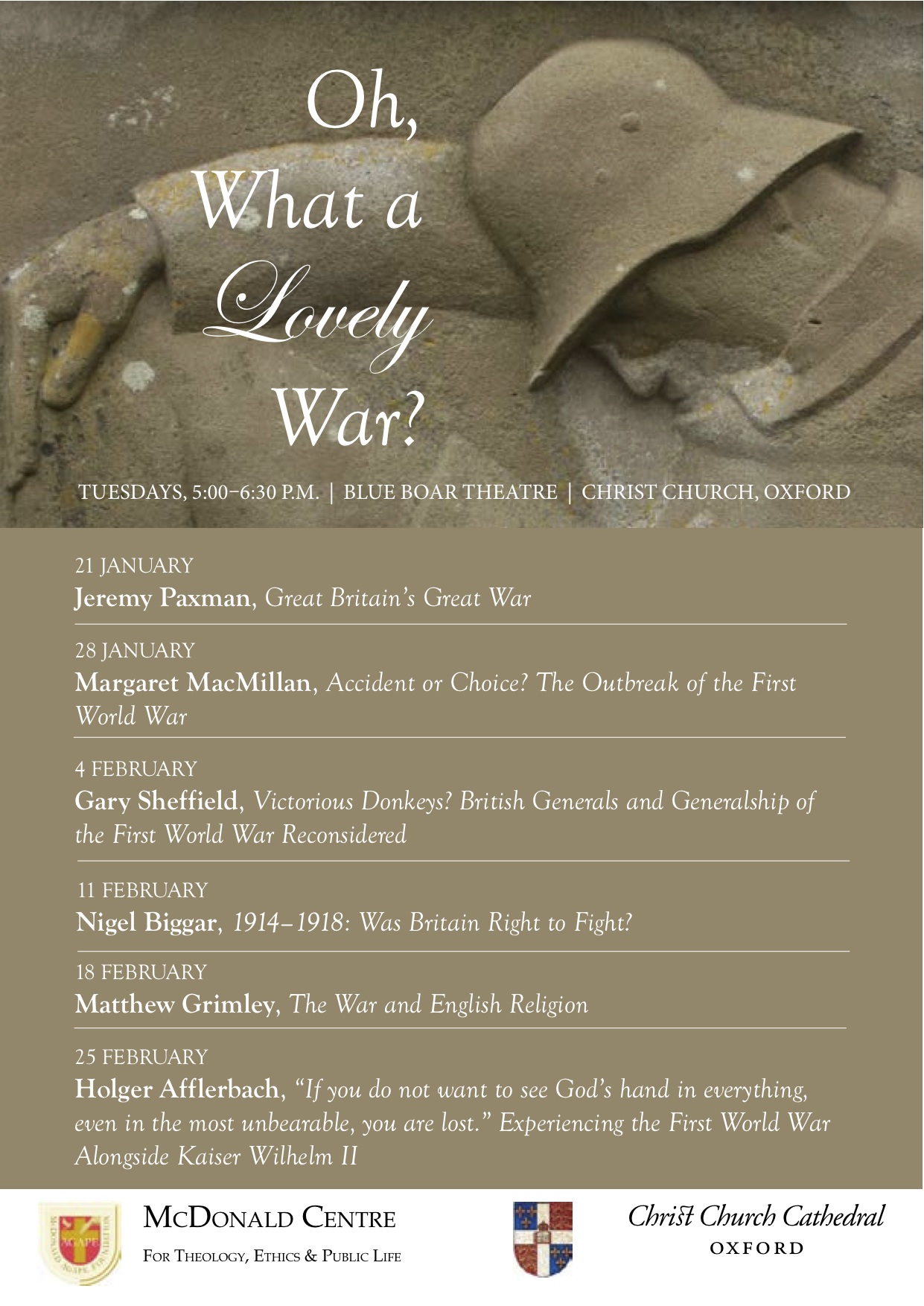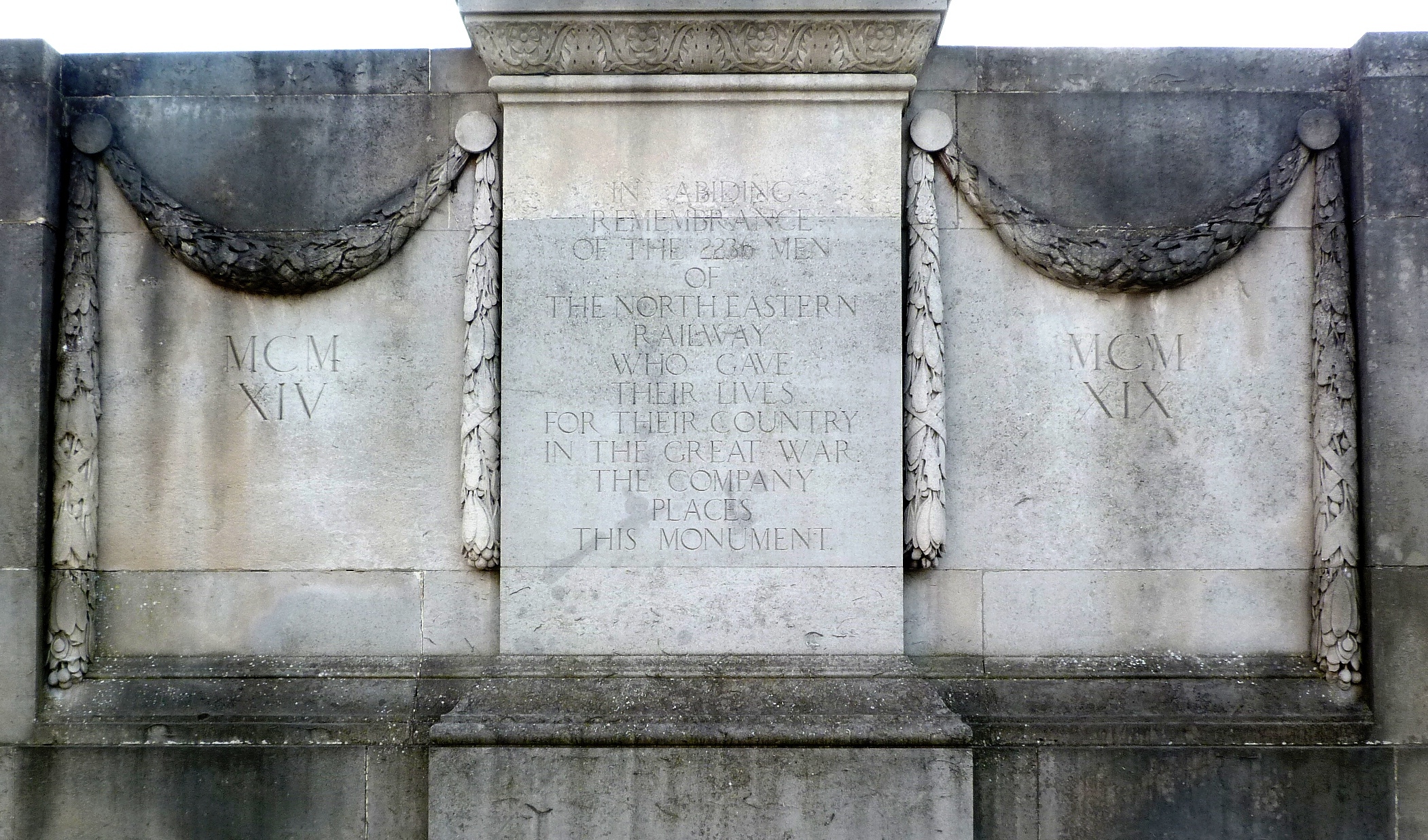Great War and Global History conference poster
‘The Great War and Global History’ conference
9-10 January 2014
Maison Française, Oxford
A two-day conference hosted by the Oxford Centre for Global History, Changing Character of War programme and Maison Française d’Oxford. Convenors: Hew Strachan, James Belich, John Darwin
PLENARY SPEAKERS:
FINANCE
Patrick O’Brien (LSE)
‘Warfare with Revolutionary and Napoleonic France and the Consolidation of British Industrial Supremacy’
Georges-Henri Soutou (Paris)
‘They Marched Singing into Bankruptcy: Finance in the First World War’
*************
REVOLUTION
Dominic Lieven (Cambridge)
‘Imperialism, War and Revolution: a Russian Angle’
Hans van de Ven (Cambridge)
Title TBC
*************
IDENTITIES
Hervé Drévillon (Paris)
‘Identities and Otherness as Agents of Globalization in Early Modern Wars‘
Tamara Scheer ((Ludwig Boltzmann-Institute for Social Science History, Vienna)
‘Habsburg Empire’s National Identities during World War One’
*************
MANPOWER
Jos Gommans (Leiden)
‘Fair Play in Early Modern Warfare’
Douglas Porch (California)
‘From Carnot to Reynaud: The Ascent and Disintegration of the French Nation in Arms, 1793-1940’
*************
MYTHS
Margaret MacMillan (Oxford)
Title TBC
Stig Förster (Bern)
‘The Myth of the Short-War-Illusion in 1914. A Long-Term Perspective’
*************
GEOPOLITICS
Tonio Andrade (Atlanta)
‘The Global Military Balance: A Long View, 900-1918’
Naoko Shimazu (Birkbeck)
Title TBC
*************
RESISTANCE
Martin Ceadel (Oxford)
Title TBC
Karen Hagemann (UNC)
‘Women, War and the Nation: Gendering the History of the Wars Against Napoleon’
To register contact global@history.ox.ac.uk
For further information see:
www.history.ox.ac.uk/global
www.history.ox.ac.uk/ccw
www.mfo.ac.uk







